At the 2021 RUAS Winter Fair Agriculture Minister Edwin Poots announced the rollout of carbon audits in conjunction with milk processors and CAFRE.
Initially the service is being offered to dairy farms in Business Development Groups. A small number are now complete, which means the vast majority of dairy farmers are yet to engage.
The main driver behind the initiative is ultimately customers for our products, and given the desire from big retailers to be associated with positive environmental messages, there is a real possibility this becomes a future requirement to do business.
The assurance given is that individual farmer data will not be passed on to others in the supply chain.
While pulling together the relevant information for the audit is more demanding than financial benchmarking, if the results are accompanied by the right advice, it can highlight significant areas for improvement in the business.
Lowering carbon per unit of output is closely linked
to higher efficiency on a farm.
Relevance
But it is also fair that farmers question why they are being asked to do carbon audits and how relevant the final figures are.
We have seen in the excellent work across seven farms in the ARC Zero project that millions of tonnes of carbon are currently stored in the top 30cm of our soils, far outweighing anything in trees and hedges.
Livestock are key to keeping and increasing those soil carbon stocks, yet the wider media so often run with the line that cutting back meat and dairy consumption will save the planet.
The current system of carbon audits also does not take into account that methane (which makes up around 50% of carbon emissions on many livestock farms) released by ruminants dissipates in the atmosphere after 10 years while carbon from fossil fuels lasts for centuries.
Whether those further up the supply chain have much understanding of these complex issues is questionable.
As an industry we must embrace carbon audits, but at the same time continually push for a system that properly reflects the impact farming has on global temperature rise.
Read more
Billions of tonnes of carbon stored on NI farms
Separate methane as part of new climate goal
At the 2021 RUAS Winter Fair Agriculture Minister Edwin Poots announced the rollout of carbon audits in conjunction with milk processors and CAFRE.
Initially the service is being offered to dairy farms in Business Development Groups. A small number are now complete, which means the vast majority of dairy farmers are yet to engage.
The main driver behind the initiative is ultimately customers for our products, and given the desire from big retailers to be associated with positive environmental messages, there is a real possibility this becomes a future requirement to do business.
The assurance given is that individual farmer data will not be passed on to others in the supply chain.
While pulling together the relevant information for the audit is more demanding than financial benchmarking, if the results are accompanied by the right advice, it can highlight significant areas for improvement in the business.
Lowering carbon per unit of output is closely linked
to higher efficiency on a farm.
Relevance
But it is also fair that farmers question why they are being asked to do carbon audits and how relevant the final figures are.
We have seen in the excellent work across seven farms in the ARC Zero project that millions of tonnes of carbon are currently stored in the top 30cm of our soils, far outweighing anything in trees and hedges.
Livestock are key to keeping and increasing those soil carbon stocks, yet the wider media so often run with the line that cutting back meat and dairy consumption will save the planet.
The current system of carbon audits also does not take into account that methane (which makes up around 50% of carbon emissions on many livestock farms) released by ruminants dissipates in the atmosphere after 10 years while carbon from fossil fuels lasts for centuries.
Whether those further up the supply chain have much understanding of these complex issues is questionable.
As an industry we must embrace carbon audits, but at the same time continually push for a system that properly reflects the impact farming has on global temperature rise.
Read more
Billions of tonnes of carbon stored on NI farms
Separate methane as part of new climate goal



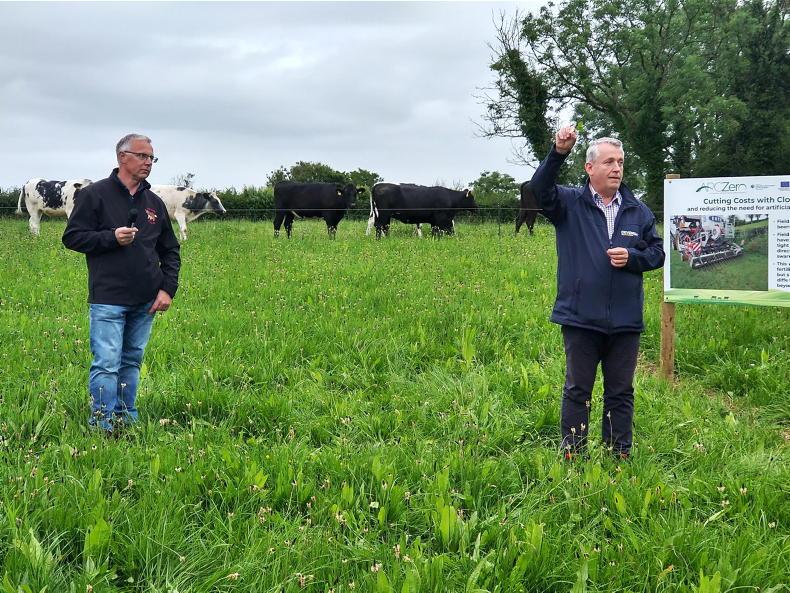

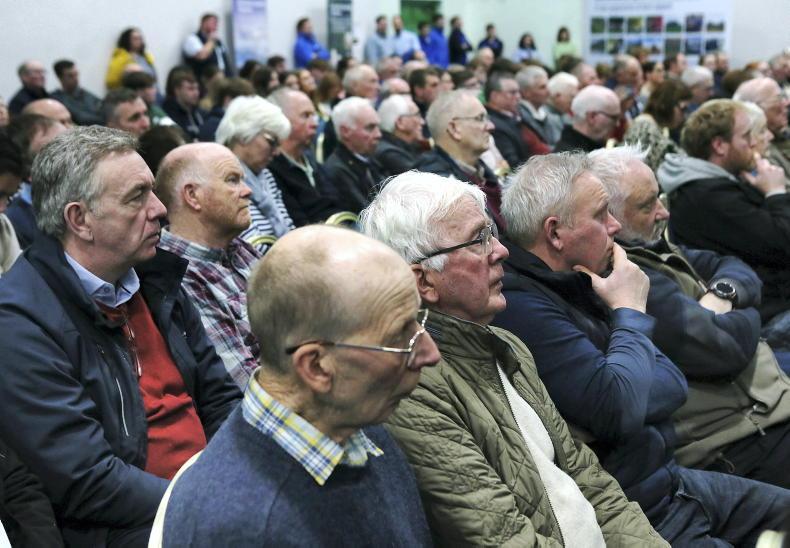

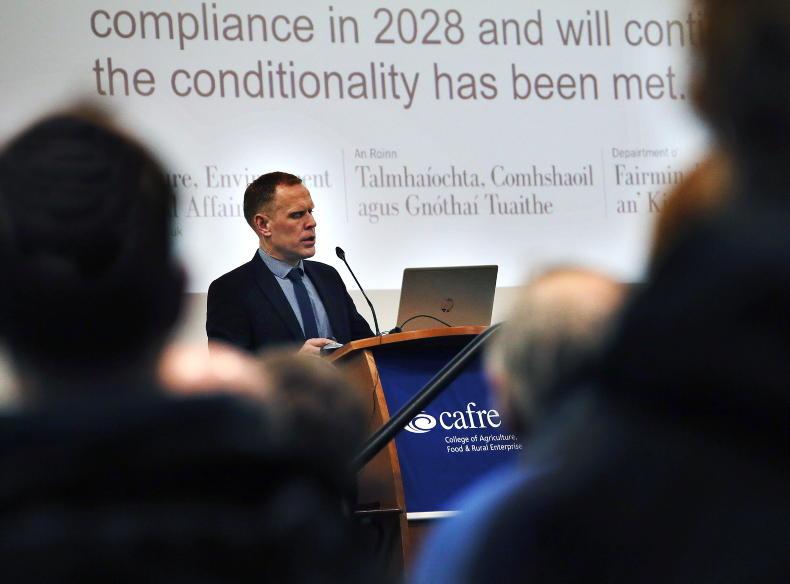
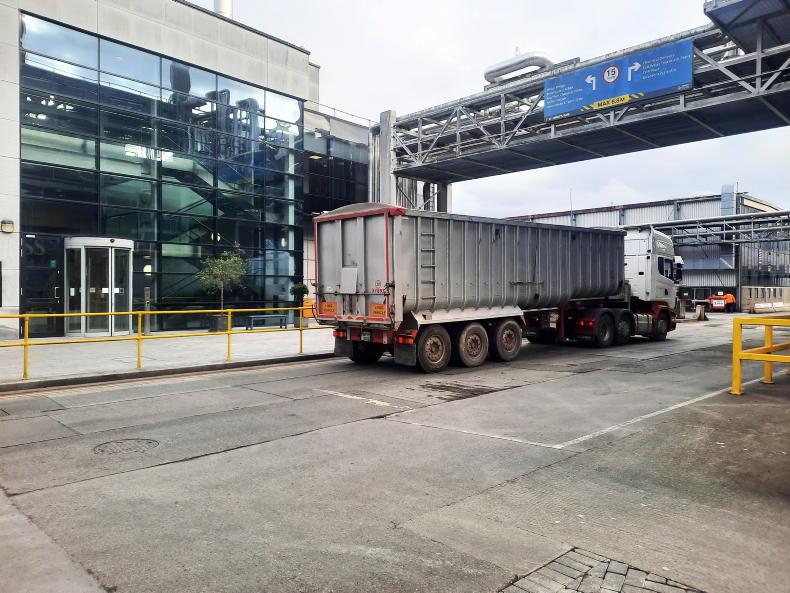
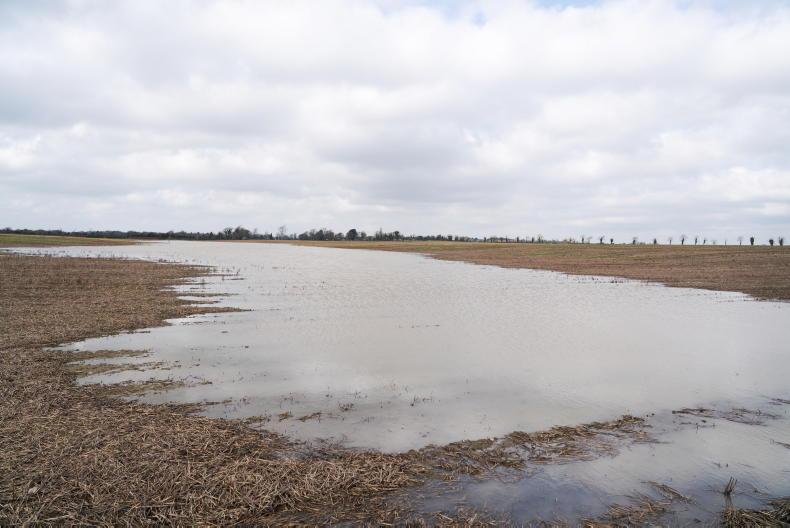
SHARING OPTIONS